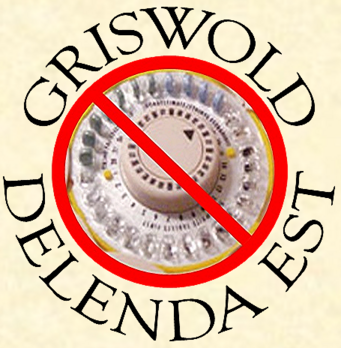On Women

That's a very broad title, and I'm not going to treat the entirety of "women," of course. Nor do I think anyone would want me to, least of all myself. But my discussion will cut to the core of what women are, and so I could not really think of a better title.
This post arises out of a fish-fry. Several friends and I were enjoying the local parish's fried mystery fish last night, and as we had mostly all finished eating, one of the girls got up, and insisted on taking people's plates for them. I thanked her, and remarked that it was "very domestic" of her. One of our group turned and said that I was a "sexist," and the object of my compliment did seem as, well, complimented as one would expect. If I may be permitted a somewhat displaced defense, I will demonstrate that what I said was indeed a compliment, and not sexist, at least by any reasonable definition (if any such exists for that word).
For starters, what is domesticity? It is, of course, the collective term for the qualities displayed by a wife and mother in her "housekeeping" capacity. One might wonder why the term maternal is not used instead, but this word limits itself to a narrower subset of activities (those regarding the care of children) and peopled (it seems very awkward to apply the term to those without children), so I will stick to domestic, which is related, but distinct.
We must accept, as a starting point, that the natural role of women, in the fundamental terms of human relationships, is that of wife and mother. Now, I'm not saying that these are the only things women are in any terms, but I'm not talking about jobs and public spheres etc. -- I'm talking about the foundational arrangements of human society: men are fathers and husbands, and women are wives and mothers. This is a biological (on the one hand) and metaphysical (on the other) fact that has been demonstrated by folks smarter than myself. Thus, we'll treat it as an axiom.
From this starting point, it can be inferred that the natural abilities and characteristics of women, those things towards which a woman's God-given talents, instincts, and abilities should be most inclined, is being a wife and mother. Obviously, many women have all manner of talents and abilities, and they properly use them for all manner of ends. But this does not change the basic principle that the woman is created and equipped (even if she is not called) to be a wife and mother. The greater part of our development and education as human beings is not the simple accumulation of knowledge, but rather the development of our minds and our temperements in a manner that allows us most fully to use and exhibit the traits that conform to our God-given roles as adult men and women, husbands and wives (traits we use even if we do not enter into the covenant of marriage -- the same principles govern the lives of both priests and husbands and mothers and nuns). Thus, we say that a boy "is a man" (or even moreso "a gentleman") not because of any particular knowledge possessed, but rather because of the way in which he bears himself and interacts with others. The same is true of women. We seek throughout our lives to find, develop, and exhibit the characteristics that are required of our station in life -- in this case our sex -- and are congratulated by respect and privilege when we do so.
Thus, if we accept that one of the primary aims of life is to develop and carry out effectively the traits and duties required of our state in life, and further accept (as we seemingly must lest we slip into some of the more horrifying debaucheries of our present age) that our God-given sex is part of that state, it would appear that the carrying out of duties pertinent to the requirements of our sex is a commendable action. If I am a man, I should cultivate and display the attributes of manliness: strength, honor, concern for women, a reasonable degree of self-reliance, etc. etc. The same is true for women: compassion, a desire for order and cleanliness, gentleness, etc. etc. The elements of each sex are necessary: society could not survive, either physically or socially, were it comprised all of men, any more than it could were it so comprised of women. But the recognition of the uniqueness of each gender, then, in no way detracts from its dignity, for it represents the integrity of that gender to human society. Were the sexes to be fully alike, one would most definitely be disposable, for it would not offer anything not possessed by the other, it would not interlock with its mate to form the finished puzzle of society.
Therefore, to say that one engages in an activity demonstrative of a necessary human quality, even -- or really, especially-- if that quality is gender-specific, is to compliment that person. It is, in this case, to inform that woman that she has found success in her cultivation of her feminine talents, and that she has developed her maternal skills to a level at very least appropriate to her stage in life. In saying that a woman is domestic, one affirms that she has accepted the challenge God has given to her sex of being the caretakers of society and ensuring, despite the efforts of all men, the survival of these silly creatures known as humans. It says that one sees in her the capacity for, if not yet the practice of, that most glorious of all professions, that to which the Blessed Virgin dedicated herself for her eternal exaultation of her Immaculate person and the salvation of all mankind: motherhood.
File Under: Miscellany








1 Comments:
Job 42:6
Post a Comment
<< Home